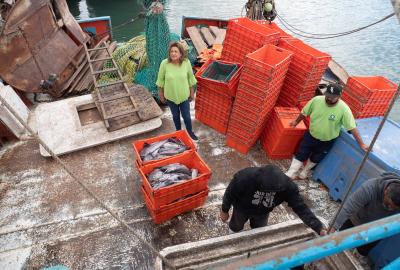Innovation blooms on African farms
In the five years since he acquired his farm in Zimbabwe’s Mazowe Valley, Joshua Zinzombe has endured rising temperatures and dry spells that have become longer and more severe. This past December, Zinzombe’s parents called to postpone the family’s annual Christmas gathering. “They told my sisters and me not to come to their farm because there was no fresh food to eat.”
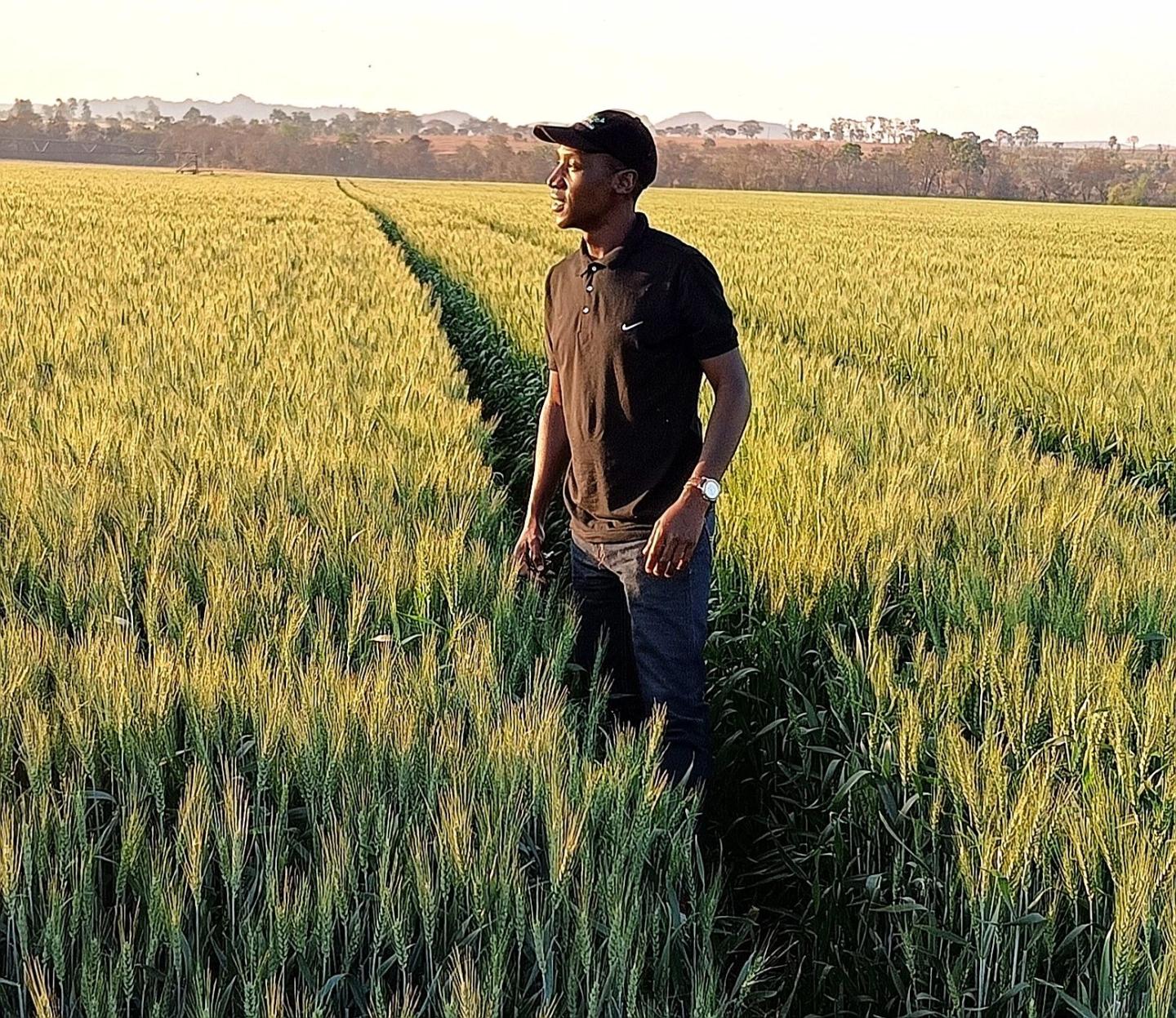
Despite all this, Zinzombe, a father of two, insists that his future as a farmer has never been brighter. “With each new challenge,” he says, “we’re forced to get more innovative with the ways we farm. Climate change has improved our creative thinking and made us stronger and more adaptive.”
Zinzombe, 39, is emblematic of a generation of resourceful African farmers who are embracing climate-smart techniques, as the continent staggers under the impacts of a warming and drying climate. With more than half of Africa’s population depending on agriculture for their livelihoods as well as nutrition, the ability to adapt to these changes will largely determine whether the continent can stimulate economic growth, cut poverty and advance food security.
Africa has 65% of the world’s farmable land, and still struggles to feed its 1.4 billion people. And yet, with its abundant human and natural resources, the continent is uniquely endowed to lead a global movement toward food system transformation. That depends, in part, on whether Africa’s food producers are able to cultivate a more resilient and sustainable food system.
On his 62 arable acres, Zinzombe has developed an integrated farming system that combines livestock and poultry with a diverse array of crops that benefit each other. He mulches with manure as well as “vermi-compost” produced from earthworms and insects. Between rows of crops, Zinzombe plants legumes and grasses to feed the animals.
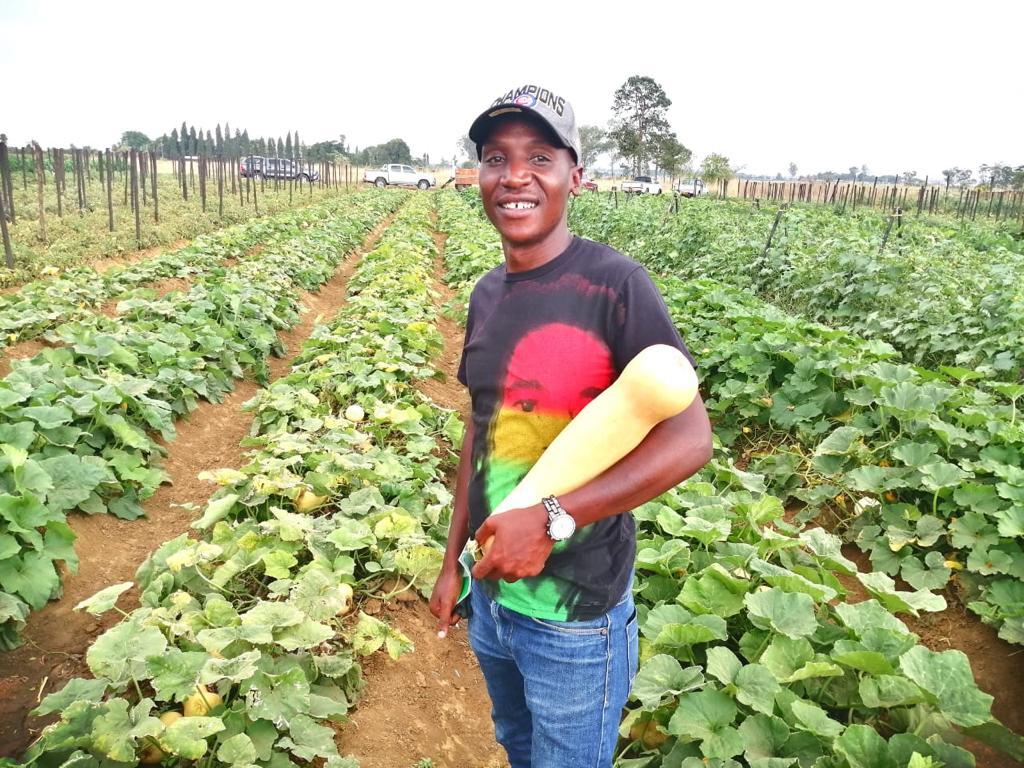
These approaches, plus zero-tillage techniques (growing crops without agitating the soil), have dramatically improved moisture retention and soil nutrition.
“By using organic composts that we produce, we have disconnected ourselves from the expensive synthetic fertilizers,” Zinzombe says.
The water savings are especially important. As drought and population growth strain surface water supplies, Zimbabweans increasingly have to turn to borewells for water. Many of the country's aquifers are being drawn down faster than they can be replenished. Water is at a premium and water-efficient farming is now a central concern for Zinzombe.
“We also provide drinking water for 40 families in the surrounding community of smallholder farmers who can’t afford the $2,000 it takes to drill a well,” he says. “So that has made me reduce my irrigation ambitions. The water we can pump and collect from our rooftop water collectors needs to go a very long way.”
Elevating farmers’ voices
Young farmers like Zinzombe aren't only seeking to improve their own lands. They want to extend their influence and create opportunities for other farmers to improve their livelihoods through sustainable, climate-resilient food system practices.
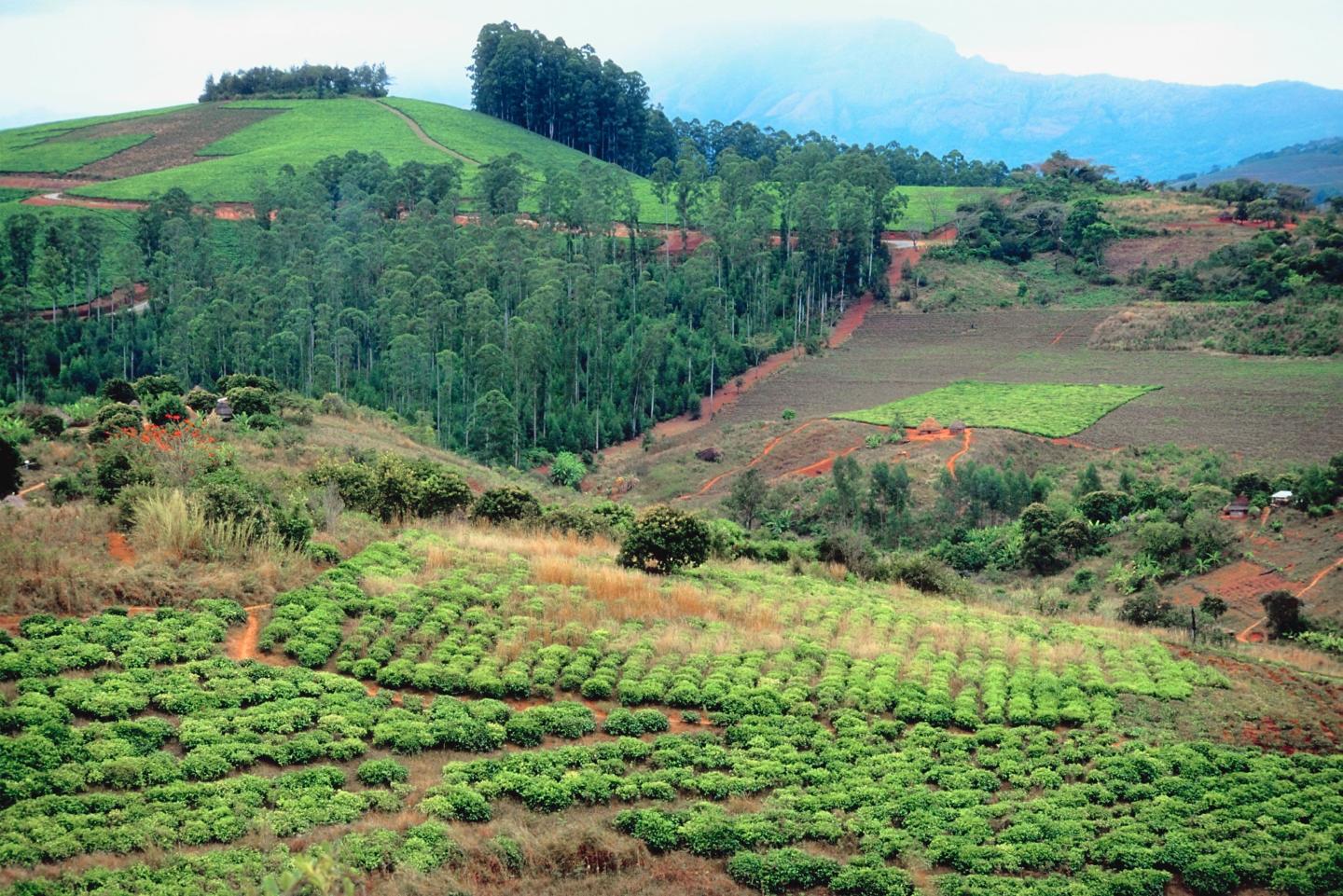
"African farmers are a critical group at the intersection of climate and food," says Jennifer Chow, who directs climate-resilient food systems work at Environmental Defense Fund. "When their voices are present in national and international conversations, they can help set the stage for transformations that can lift communities out of poverty and build resilience to coming climate shocks.”
EDF has funded young farmers’ travel and participation in events such as the World Food Prize Borlaug Dialogues and the COP28 world climate summit in Dubai, where leaders for the first time pledged to tackle the immense role that food and agriculture have in climate change. EDF is also partnering with the Southern Africa Confederation of Agricultural Unions to support the Young Leaders Incubation Program, which is working to advance climate-resilient farming practices and technologies in the region.
While young leaders are already making strides, building momentum for local and regional markets and diverse food varieties, Chow and others emphasize that international support will be critical to ensure their efforts take root and flourish, so that changes will endure.
Africa’s youth, which comprise nearly 60% of the continent’s population, are a significant asset, according to SACAU’s Ishmael Sunga. “We have a very problematic situation with climate change,” says Sunga, “but there’s a younger generation of Africans who see entrepreneurial opportunities on both the mitigation side and on the adaptation side. We need to put the younger generation at the forefront, now.”
Blending indigenous knowledge and modern technology
Malawian entrepreneur and poultry farmer Grace Gondwe started hybridizing local breeds of chicken with popular non-native breeds that are prolific egg-layers.
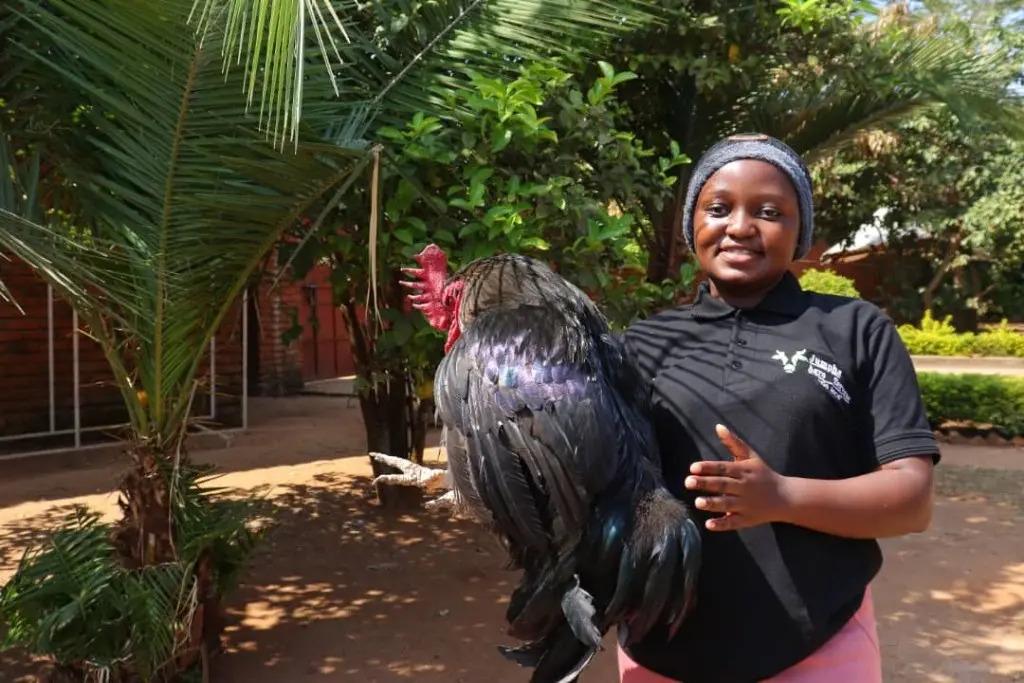
The native breeds are better equipped to withstand the climate and weather shocks that stress the introduced breeds.
“We’ve developed an improved dual-purpose breed for increased egg and meat production, while requiring a low-input production system that a majority of smallholder farmers can afford,” says Gondwe. “Our products are the freshest eggs in town, with original and organic taste.”
Gondwe’s company, Jumpha Agro Services, is also training local farmers in climate adaptation techniques and advocating for expanded opportunities for women in agriculture.
“We want to play a big role in paving the way towards a greener future and also shaping the agricultural landscape into one where women farmers are recognized for their contributions,” she says.
Innovation is contagious
Gondwe, Zinzombe and other young farmers in southern Africa attribute much of their success to their drive to continuously innovate — combining new and traditional methods such as intercropping (cultivating two or more crops simultaneously on the same field), mulching and minimal tillage.
“I’m always looking for new techniques to experiment with,” says Zinzombe. “But of course, many of them are old techniques that our forefathers did that are environmentally friendly and can be incorporated with new technology like drip irrigation systems.”
As national youth executive secretary of the Zimbabwe Farmers Union, Zinzombe has been spreading the word about climate-smart farming throughout the nation and the region. Closer to home, he has begun demonstrating his climate-smart farming techniques at community workshops he hosts on his farm.
“My neighbors were skeptical at first that they could reduce or eliminate fertilizer and increase their yields at the same time,” he says. “But now the people around me are copying me. They’re getting good results, and filling their pockets.”
